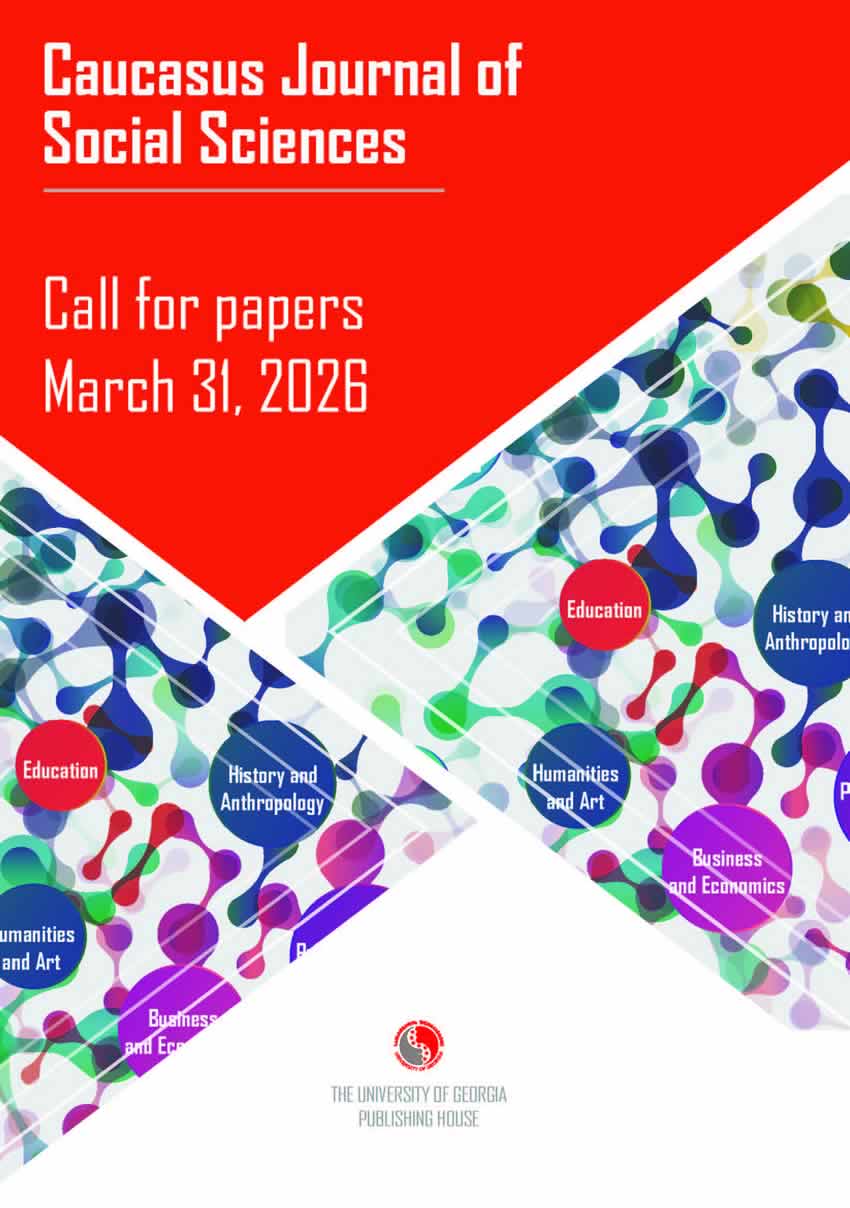Art and Patronage: Revisiting Ottoman Poetry From the perspective of İnalcık and Andrews
DOI:
https://doi.org/10.62343/cjss.2020.193Keywords:
Diwan, Maecenate, Patronage, Art, PoetryAbstract
As life was shaped around the sultan and the court in the Ottoman Empire, being close to the absolute authority, the shelter of honor and prestige, was a necessity. Being honored by the sultan and having his favor was a must to be the "sultan of poets". Since the biggest compliment was to be a companion of the sultan, one had to reveal all his talent and mastery in the valley of poetry. In this context, the view "talent is subject to compliment" is important. However, it should be noted that almost every poet wanted to be the companion of the sultan, not his bookkeeper. That is, poetic concern preceded political concern. The patrimonial characteristic of Ottoman poetry was the event of tide between the poet's loss of prestige and his desire for reputation. The paradox between the poet's aesthetic concern and patrimonial patronage constituted the essential point of Diwan poetry. The artist was always tested on the fine line between art and life. A pen is the only thing remaining in the shadow of art and power. Each literary period has its unique conditions and sense of art. These conditions should be considered while evaluating a literary work or artist. By his very nature, an artist has poetic and political concerns. Any one of these concerns may be prioritized depending on the characteristics of a period. They may also vary from one artist to another. In this regard, the present study compares the evaluations of Halil İnalcık and Walter G. Andrews in their works titled Şair ve Patron [Poetry and Patron] and Şiirin Sesi, Toplumun Şarkısı [Poetry's Voice, Society's Song] respectively.
Downloads
Published
How to Cite
Issue
Section
License
Copyright (c) 2024 Salih UÇAK

This work is licensed under a Creative Commons Attribution 4.0 International License.
In case an article is accepted for publication it is allowed to combine the article with other research, to conduct new research on the article, or to make different arrangements on condition that the same license is used including commercial purposes.
As an author of an article published in the Caucasus Journal of Social Sciences, you retain the copyright of your article and you are free to reproduce and disseminate your work.











